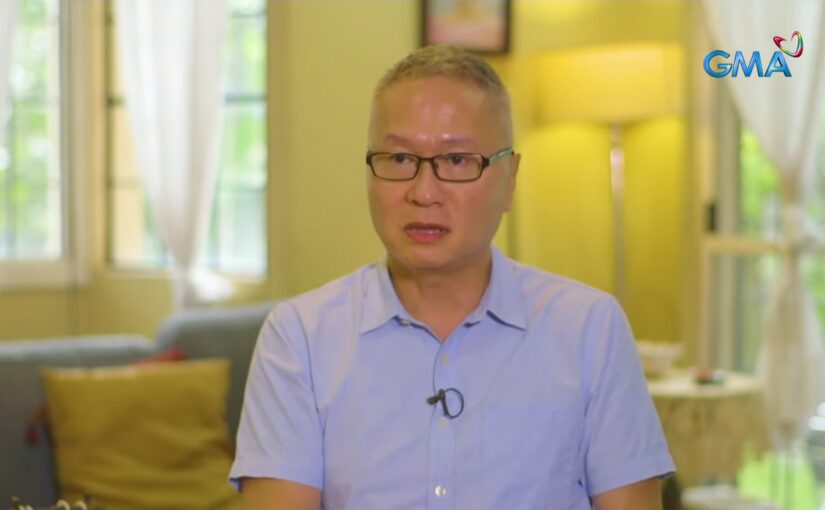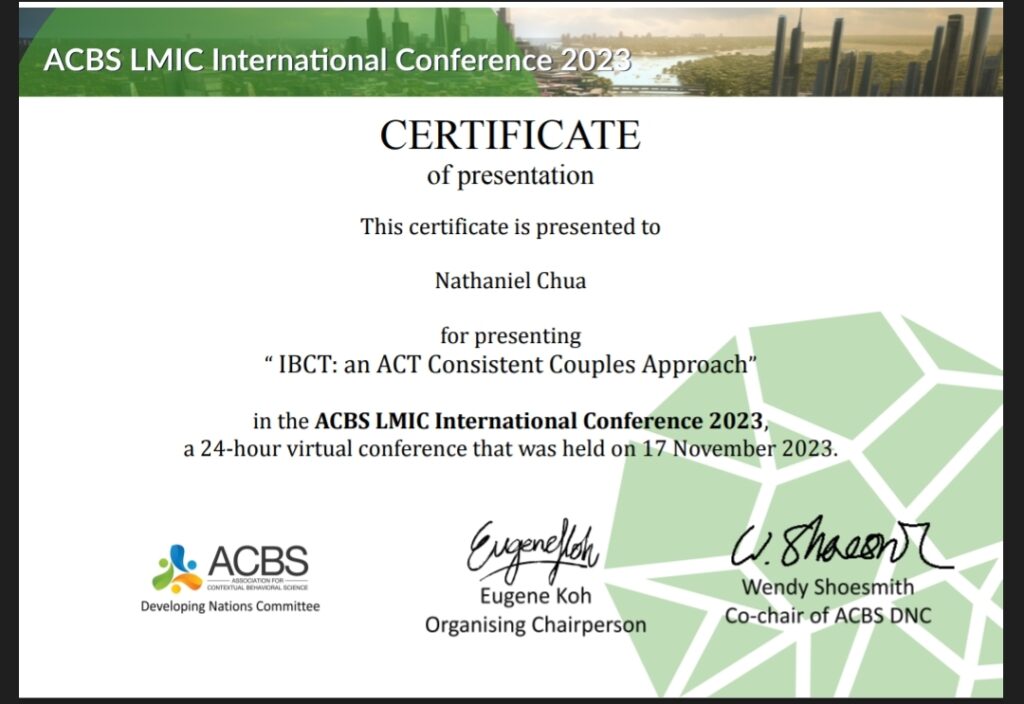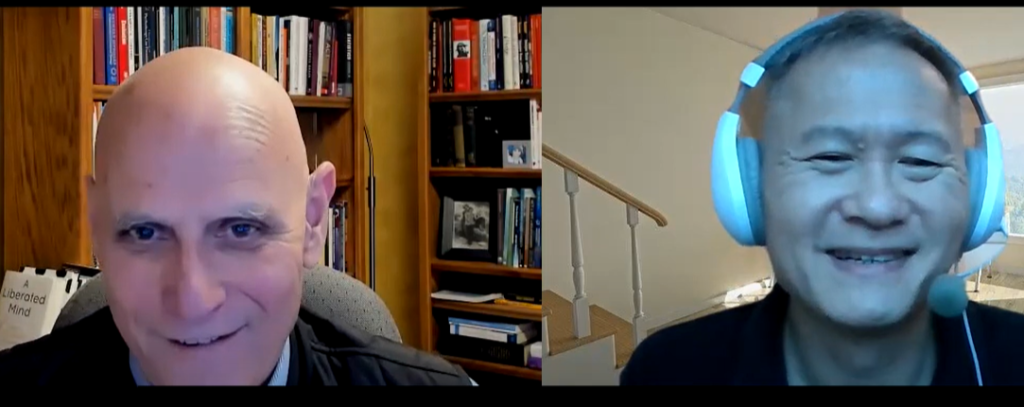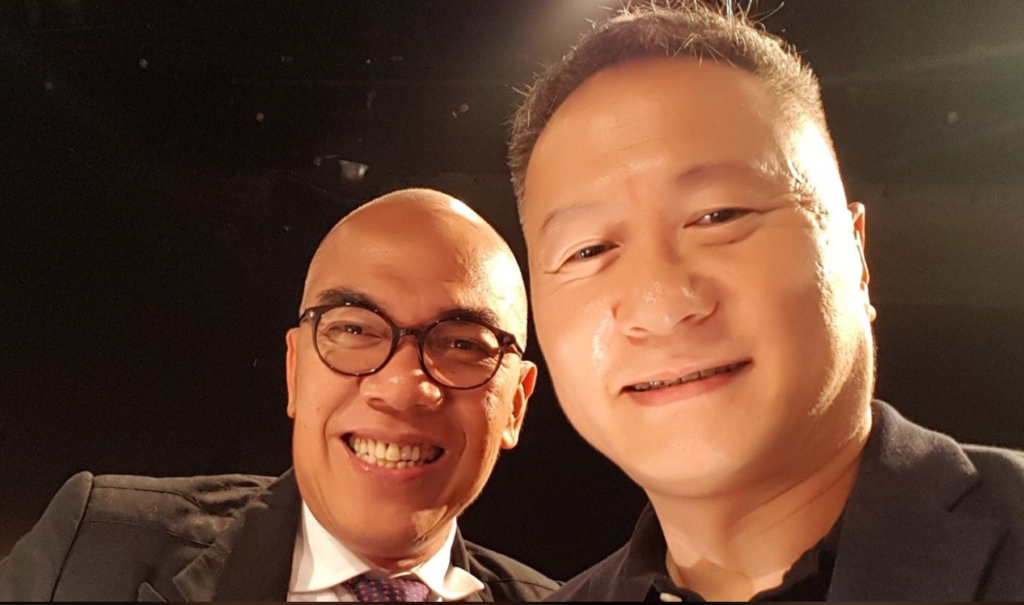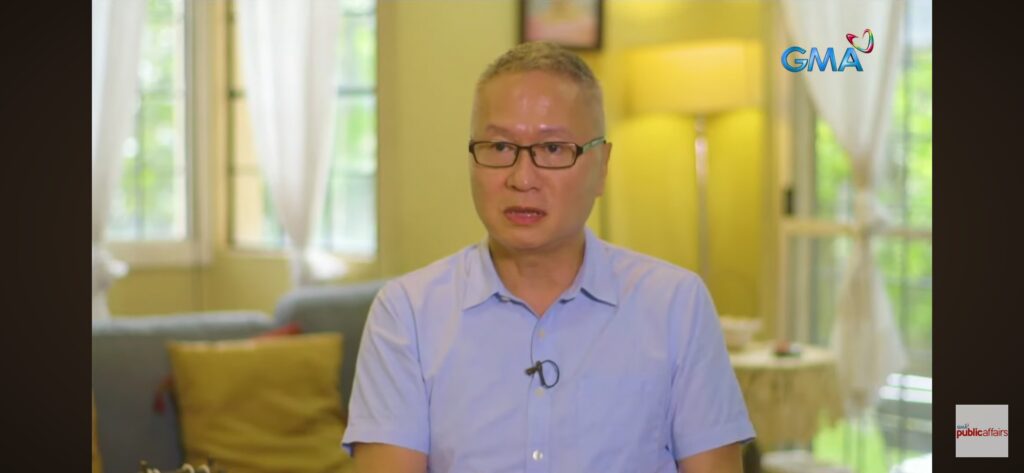by Nathan Chua
We are funny creatures, I have heard Dr. Steven Hayes say in one of his interviews. In the approach that I use for my couples, there is a component that endeavors to help couples reach a level of objectivity especially with regard to their differences. These differences are part of what they bring into the relationship given their histories both from within and outside the relationship.
To illustrate this, let me use an example that is quite a common issue among many couples. A fairly common difference that couples experience is their issues about time and patience in certain contexts. One might be slower than the other. Your partner may be patient in certain circumstances while not so much in others. This may or may not change in your partner. They can be patient as a lamb while waiting for you at the salon but not as patient when waiting at the parking lot. The cases I see mostly have very short fuses when it comes to these enduring differences. It is quite usual that I see couples who complain about major fights and when asked to describe them, would regularly come up with a realization of how trivial the subject of the conversation was to begin with.
Here are a couple of ways you can better cope with such differences. Let’s use the example we just used about waiting. If your partner does not like waiting at the parking lot, then there must be something about that context that makes it problematic for them. See if you can understand what’s behind it. Maybe they are very prompt most of the time and having them wait at a parking lot conjures up some thoughts that make them more anxious. Something they might have learned in childhood or from a previous relationship. You can also recall how much this promptness has made you come to like them in your earlier interactions. As I often share with my clients, if we have time during the session, can you recall what made you like your partner the first time you met? Often, couples will come to see that what is now a sticky issue between them, was part of what initially made them attracted to each other. Qualities that endear you to one another may turn out to be a double-edged sword. The promptness that you came to like from your partner can have impatience on its flipside.
The second tip I have for you today is how to deal with this problem and is actually the topic of this article. Humor! First of all, you have to be aware and mindful of the situations where potential conflict on this issue may arise. In other words, have some foresight. Knowing fully well that your partner can be impatient in such situations, find a way to take that scowl on your partner’s face more lightly. A good example is saying, “Oh I’m so sorry I was five seconds late. I promise to keep it at four seconds next time. I know four is okay, but five is a bit much. My bad!” Of course, say it with the matching facial expression and tone. I hope though that you have a modicum of comedic timing. Finally, please time it when you’re indeed five seconds late!
If you have been to a wedding anniversary celebration a few times, you might notice some of the ways couples cope with their enduring differences and sensitivities. It’s a mixed bag of emotions. You might have seen some tears welling up around the couple’s eyes as they face each other to renew their vows, even as they come up with funny experiences they’ve had in the past about the trivial things they fight about. Remember the proverbial toothpaste and toilet habits? Why? Because that’s what life and relationships are all about. It’s hard work but at the same time as funny and rewarding as they can be.
Remember, coming to couples therapy is limited to an hour or so of work every week. It will not drastically change who you are as individuals. Maybe you can recall some widows or widowers you have visited after the demise of their partners. They would cry and laugh throughout the wake. Laugh because of those treasured moments of laughter that their differences provided. It was hard and came from having years of practice and wisdom, that couples have come to accept and love in each other with a bit of humor, of course.










